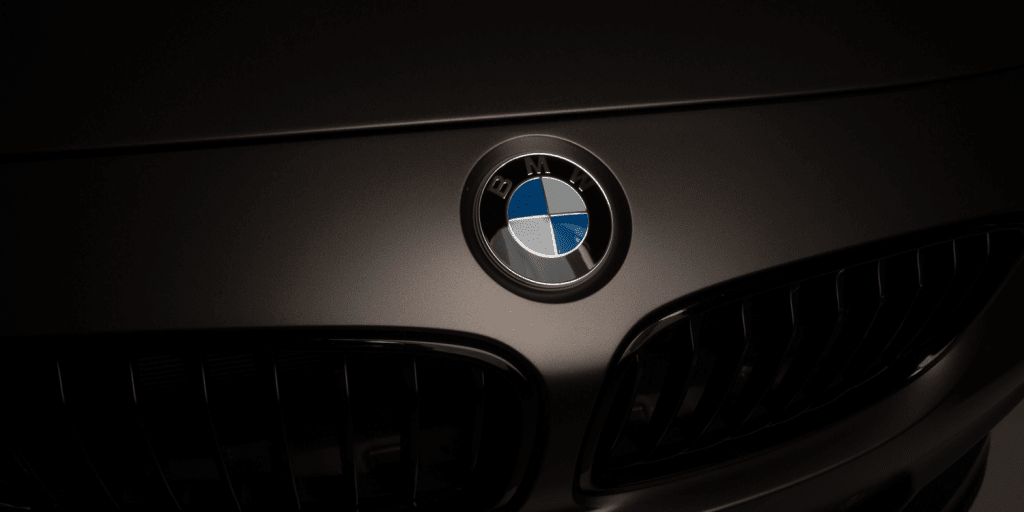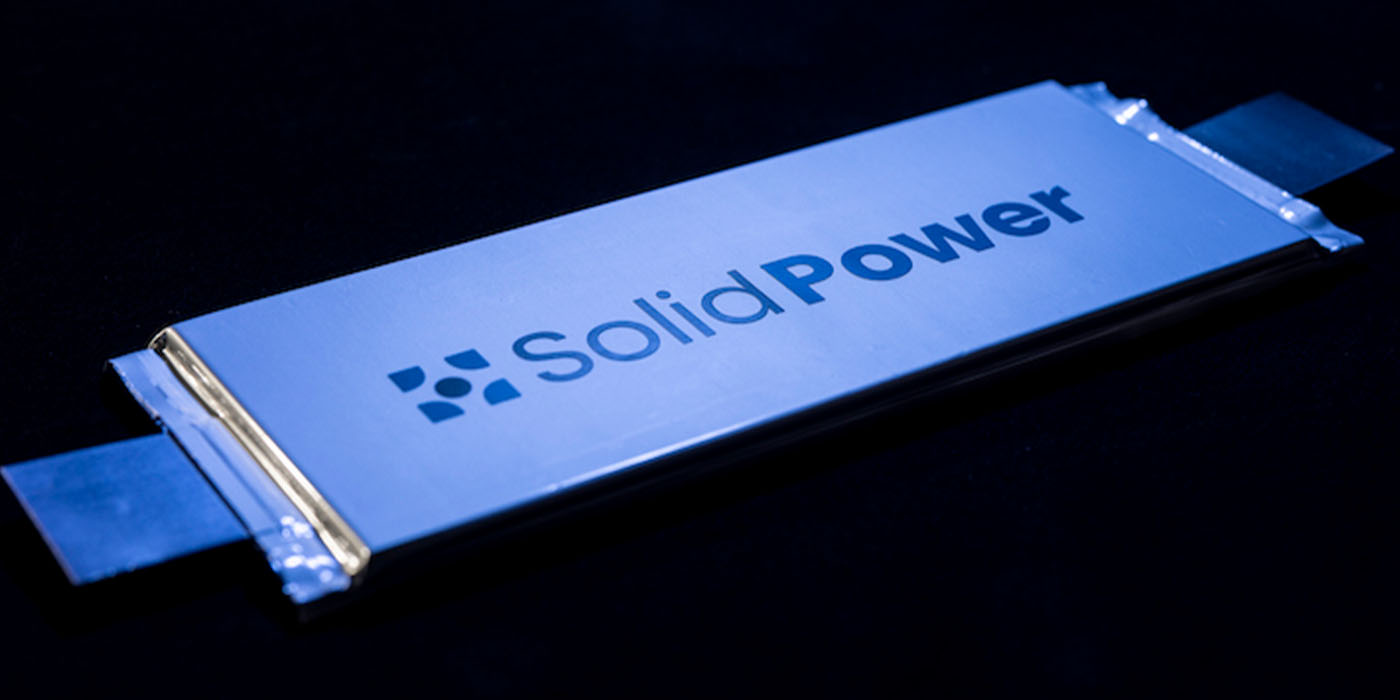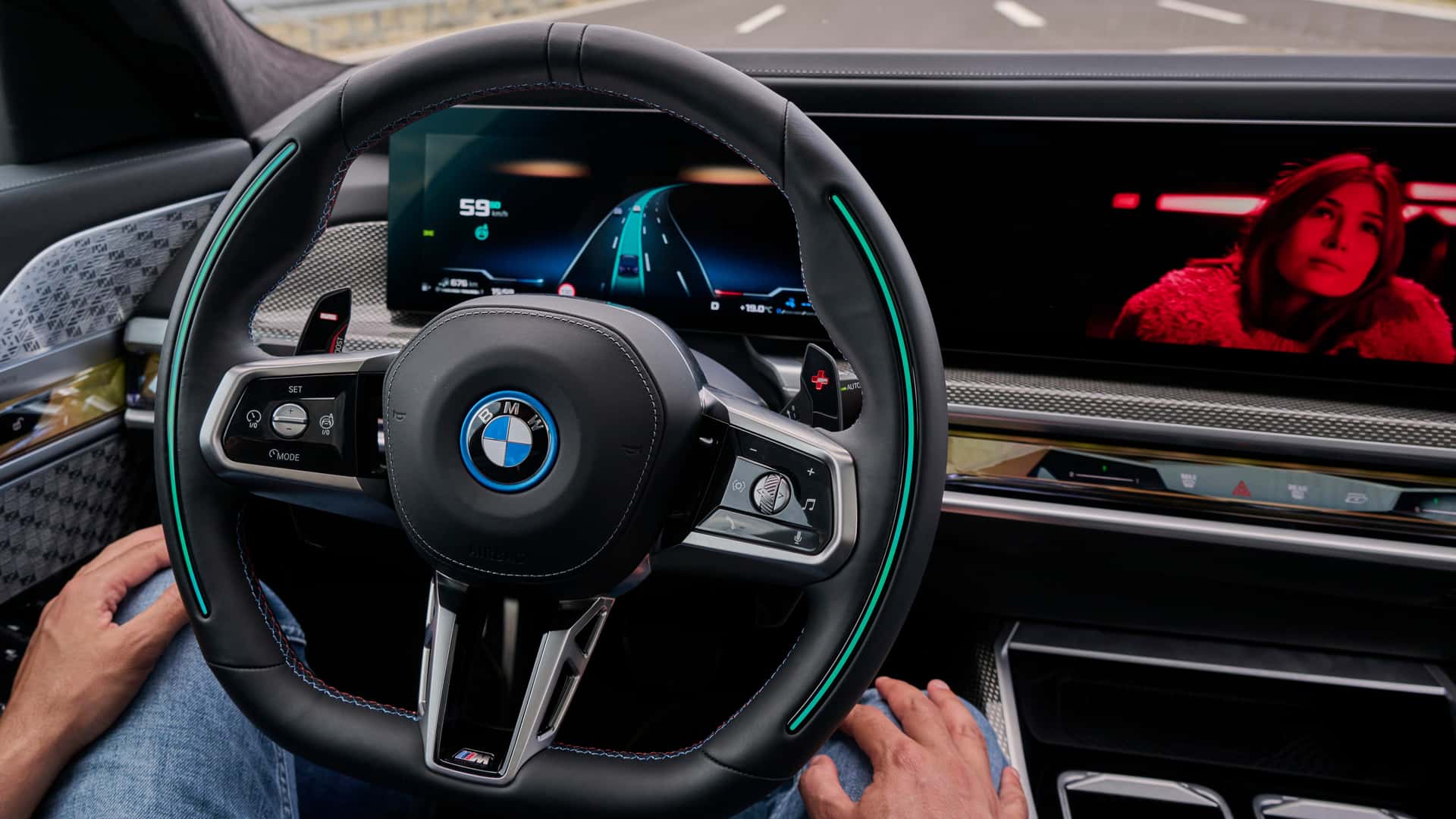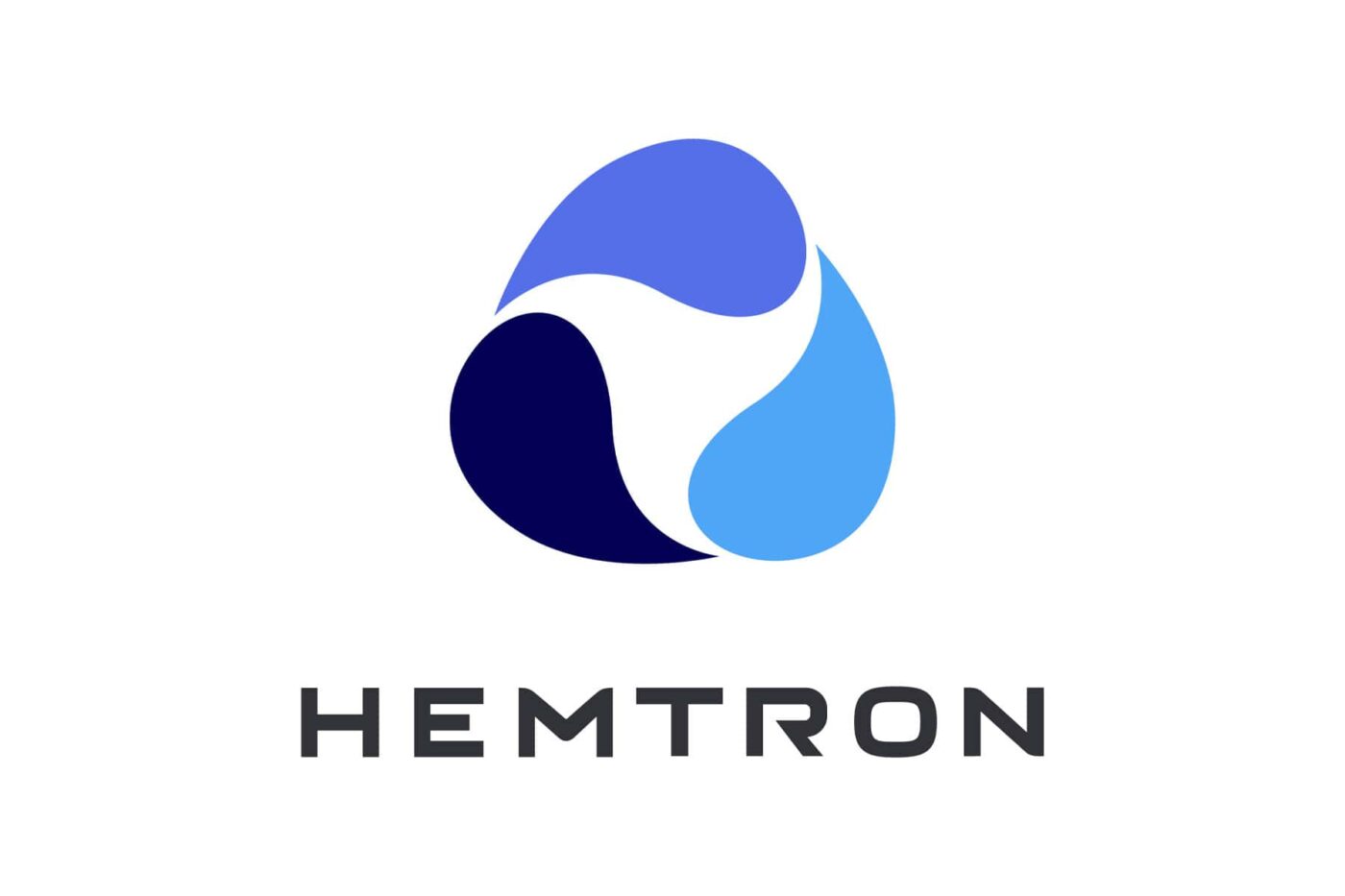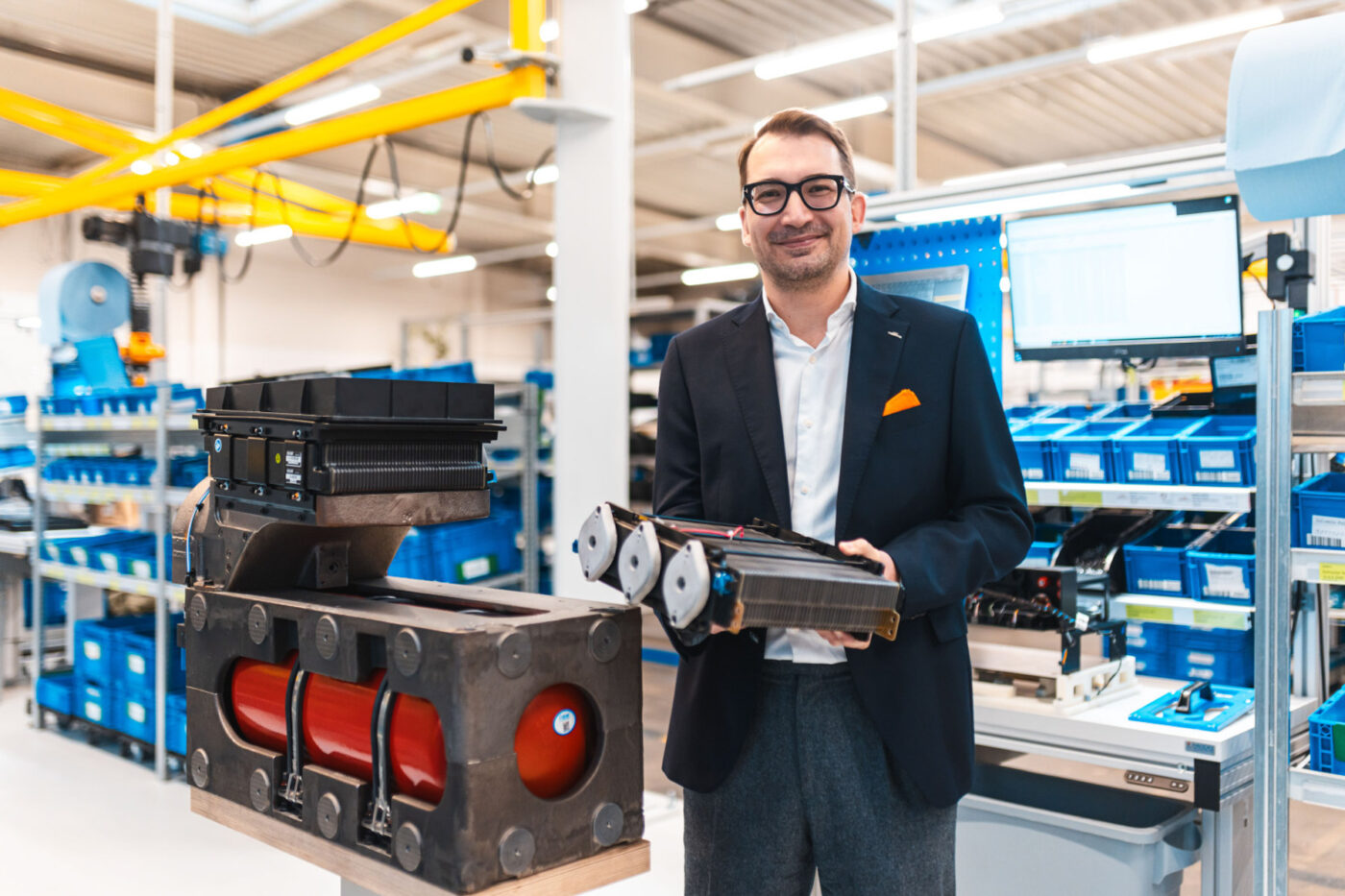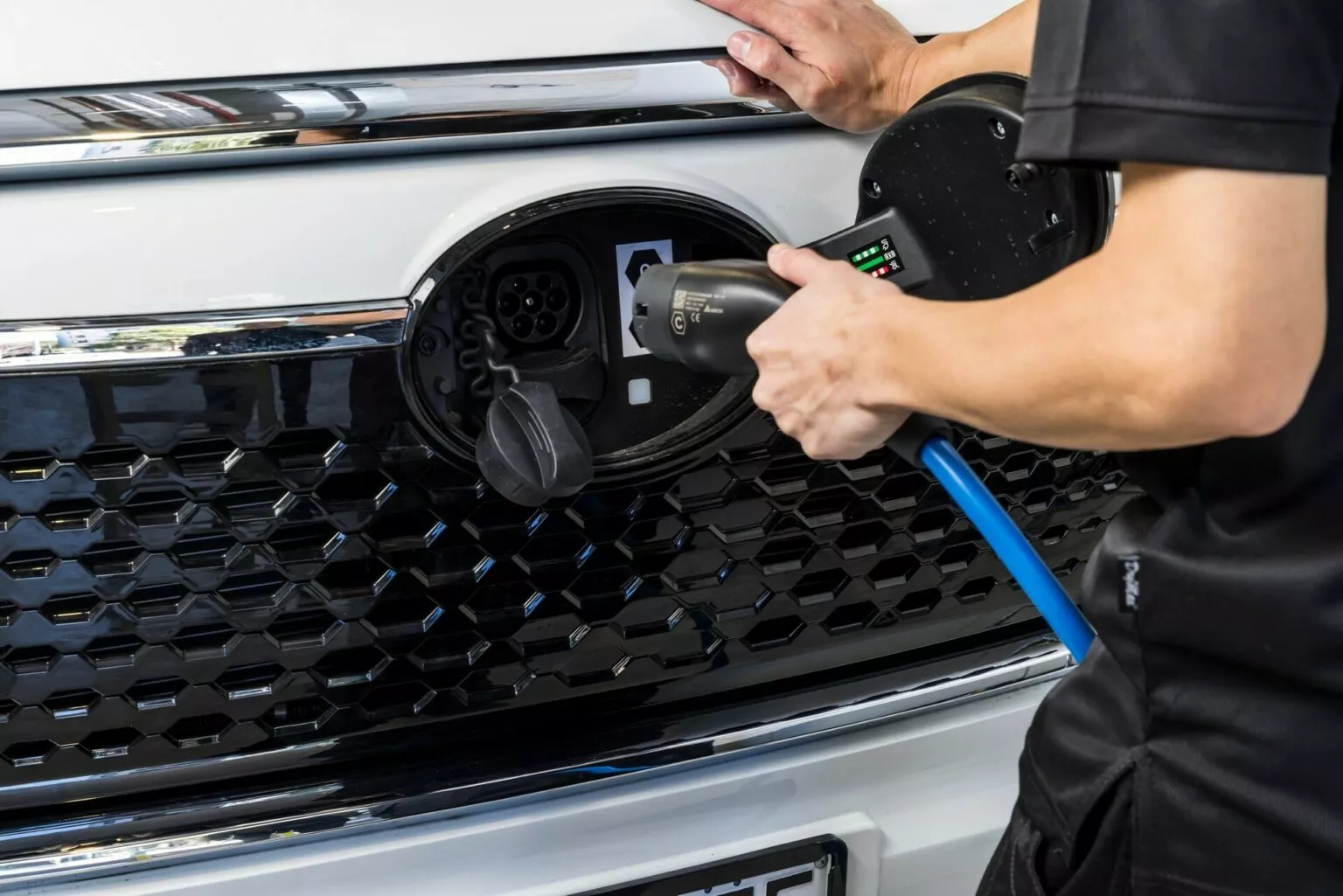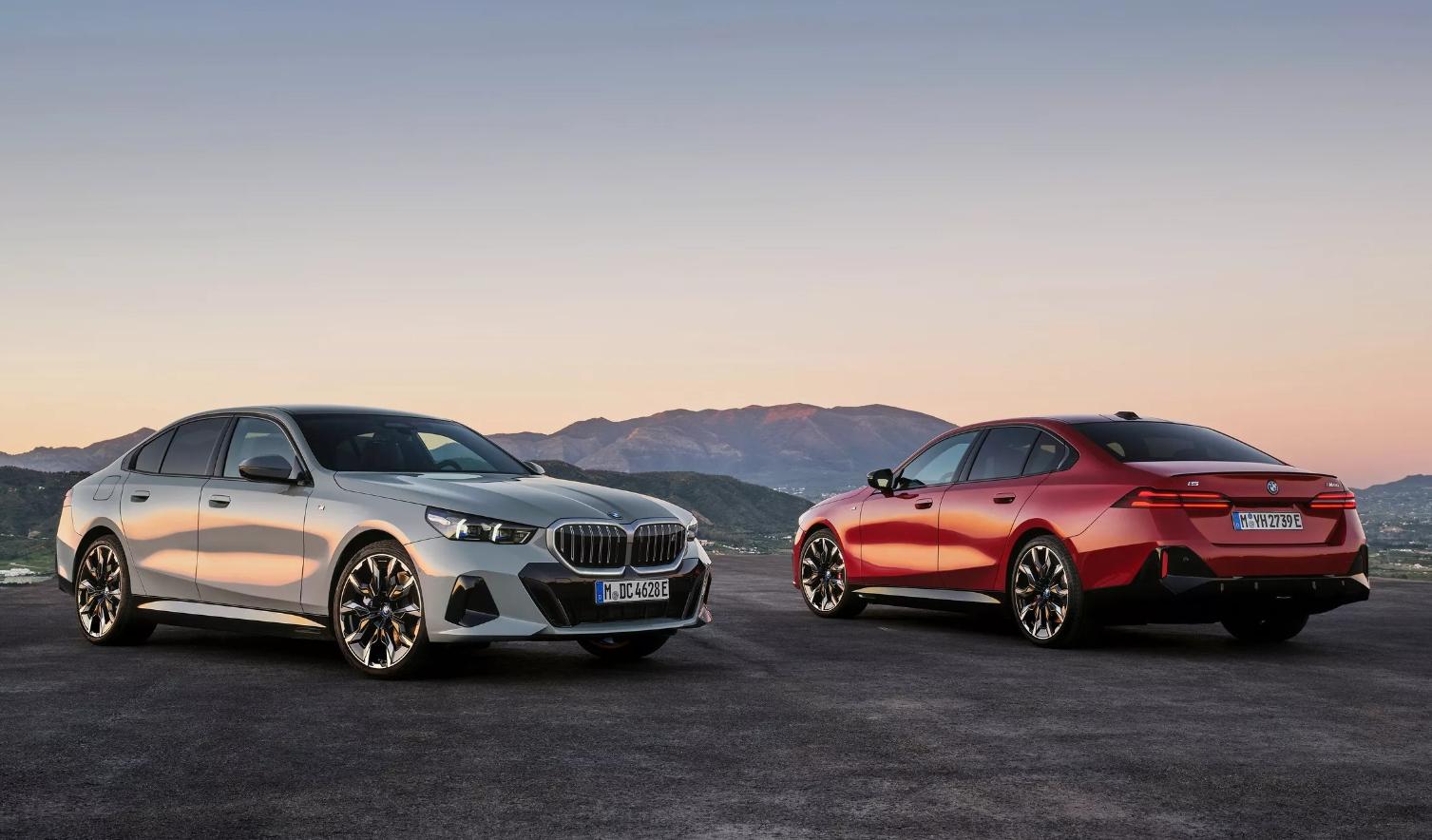As BMW prepares to roll out a mid-lifecycle update for its popular 1-Series F40, the German automaker has reassured enthusiasts of the beloved hatchback that it has electric ambitions for the model’s future. Ilka Horstmeier, Member of the Board of Management of BMW AG, recently affirmed the company’s commitment to delivering models across various market segments, indicating that the compact segment will not be neglected.
Horstmeier’s remarks were made during an interview with Italian media outlet Quattroruote, where she highlighted BMW’s dedication to catering to customers in the premium market segment. When questioned about the possibility of an electric successor to the 1-Series or another compact EV offering, Horstmeier explained, “We focus on the entire model range. We don’t just focus on the high end. We want to offer our customers from Series 1 to Rolls-Royce, from Mini to Rolls-Royce. That’s why we have offers for customers in every segment. I truly believe that everyone should have the opportunity to buy a BMW in the premium segment.”
These comments effectively dispel any concerns that BMW might abandon the compact segment once the current generation of the 1-Series concludes its production cycle. The F40-generation 1-Series made its debut in 2019 and is set to undergo a facelift in 2024, ensuring its continued presence for several more years. This, in turn, opens the door for a future BMW i1, which could serve as the entry point for BMW’s evolving electric vehicle lineup.
While the specific design of the next-gen compact EV remains undisclosed, speculative illustrations depict a five-door hatchback that draws inspiration from the design language introduced by the Vision Neue Klasse concept. The new compact model could potentially share its underpinnings with the BMW iX1 and iX2 SUVs, as well as the electric Mini Cooper and Countryman, or it might adopt a more modern EV-specific architecture.
In a competitive landscape where electric vehicles are taking center stage, BMW’s i1 will face rivals from other leading automakers, such as the next-generation Audi A3 and Mercedes A-Class, both of which are poised to transition to electric-only variants by the end of the decade. Stellantis brands are also entering the fray with premium compact hatchbacks, including the next-gen DS 4, the forthcoming Lancia Delta, and the rumored Alfa Romeo Giulietta.
Furthermore, Horstmeier highlighted that BMW is actively working to reduce battery costs, considering it one of the paramount issues for the near future. Alongside cost-efficiency, extending the driving range of electric vehicles remains a key focus for the automaker. BMW anticipates that the charging infrastructure will expand rapidly, alongside enhanced charging capacity and speed. As part of their customer-oriented approach, BMW plans to provide a choice between smaller and larger battery packs, allowing for a lower starting price for those who do not require an extensive driving range.
In addition to electric power, BMW is exploring hydrogen technology as an alternative option for the future. Collaborating with Toyota, BMW is accelerating research and development in the hydrogen sector. Earlier this year, a small fleet of BMW iX5s powered by fuel cell electric vehicle (FCEV) technology was deployed for testing purposes. While hydrogen-powered vehicles are on the horizon, it is expected that a series-production model will not materialize before 2030, despite the compatibility of the Neue Klasse platform with hydrogen powertrains.

